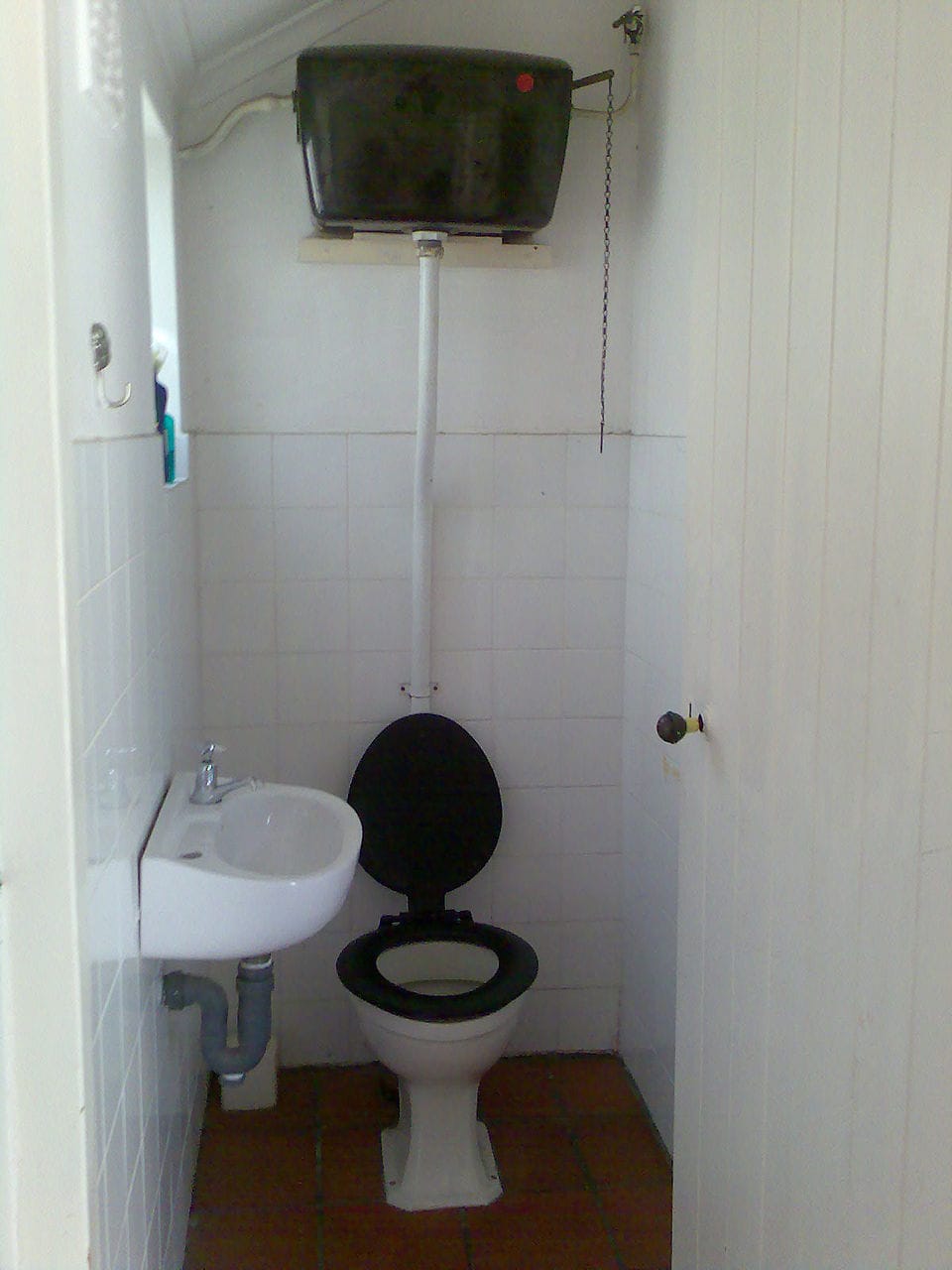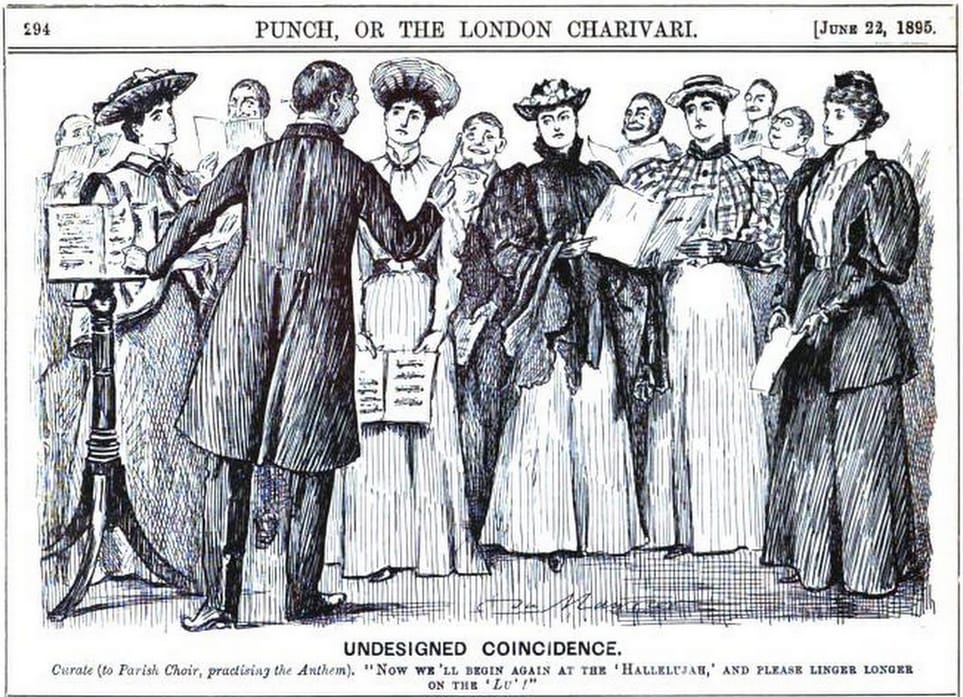loo

Loo, the British word for a lavatory or toilet is one of those words that has generated endless speculation and myth about its origin. It is almost certainly from the French lieu, meaning place, a euphemism if there ever was one. The English loo doesn’t make an unambiguous appearance until 1940, but there is good evidence the slang term was in use since at least the late nineteenth century, and the use of the euphemism in French is much older.
In French, the plural lieux is attested as a euphemism for latrines as early as the 1640s, and by 1802 the term lieux d’aisance (places of comfort) was in use. The crossover from French to English is seen in a 1782 letter by English poet and clergyman William Mason:
I am glad your Lieux are likely to become sweet, but I still fear about them. I always suspected that the smell came from the great drain under the house, and when a drain is so situated, & when these places communicate with it, & have not a drain appropriated to themselves, ’tis hardly possible to cure the evil. I am myself employed in constructing a lieu here in our great Residentiary house, & tho’ I have many & great difficulties to encounter I trust it will turn out a paragon, both for sweetness, utility, & cheapness.
While this is just a single example of the French word making its way int English speech, there were undoubtedly other such uses over the centuries that have gone unrecorded.
A 22 June 1895 cartoon in Punch puns on the word when it depicts a curate giving the instruction to his choir:

UNDESIGNED COINCIDENCE
Curate (to Parish Choir, practising the Anthem). “Now, we’ll begin again at ‘Hallelujah,’ and please linger longer on the ‘Lu’!”
While the context of the image has nothing to do with the lavatory, the cartoon would simply not have been funny unless loo was an already established euphemism, and the cartoon’s title of Undesigned Coincidence makes it clear that punning is going on here.
And in 1922, James Joyce includes this line in the “Circe” episode of Ulysses, where Stephen Dedalus is playing the role of a Frenchman:
BELLA
(clapping her belly sinks back on the sofa, with a shout of laughter) An omelette on the …. Ho! ho! ho! ho! … omelette on the ….
STEPHEN
(mincingly) I love you, sir darling. Speak you englishman tongue for double entente cordiale. O yes, mon loup. How much cost? Waterloo. Watercloset.
But the first utterly unambiguous, published use of loo in English that I’m aware of is in Nancy Mitford’s 1940 novel Pigeon Pie:
“How strange everything seems now that the war is here,” she said. “I suppose it is unreal because we have been expecting it for so long now, and have known that it must be got over before we can go on with our lives. Like in the night when you want to go to the loo and it is miles away down a freezing cold passage and yet you know you have to go down that passage before you can be happy and sleep again.
The reason why its unambiguous appearance is so late is undoubtedly due to two factors. One, it is slang and therefore less likely to appear in published, and therefore preserved, writing. And two, it is related to a bodily function, a subject that more genteel publications avoided.
There are any number of myths about loo’s origin, but perhaps the most common is that it is a clipping of the cry gardyloo, an alteration of the French gare l’eau (beware of the water) allegedly used before emptying a chamber pot out a window and onto the street. But there is no evidence connecting the warning cry with the modern slang term. It’s also been suggested that it comes from the French bourdaloue, a type of chamber pot, from ablution, and from Waterloo, a pun on water closet as in the Joyce quotation above. But again, there’s no real evidence for any of these conjectures.
Sources:
Green’s Dictionary of Slang, accessed 30 May 2025, s.v. loo, n.1.
Joyce, James. Ulysses (1922). Hans Walter Gabler, ed. New York: Vintage, 1986, 15:3910–16, 465.
Mason, William. Letter, 14 November 1782. In The Harcourt Papers, vol. 7 of 14, Edward William Harcourt, ed. Oxford: James Parker, 1883, 78–79. HathiTrust Digital Archive.
Mitford, Nancy. Pigeon Pie (1940). Feltham, Middlesex, England: Hamlyn, 1982, 20. Archive.org.
Oxford English Dictionary, third edition, September 2016, s. v. loo, n.4; second edition, 1989, gardyloo, n.
“Undesigned Coincidence” (cartoon). Punch, 22 June 1865, 294. HathiTrust Digital Archive.
Image credits: photo by Gregory David, 2007, Wikimedia Commons, licensed under a Creative Commons Attribution-Share Alike 3.0 Unported license; cartoon by an unknown artist, Punch, 22 June 1865, 294. HathiTrust Digital Archive, public domain image.